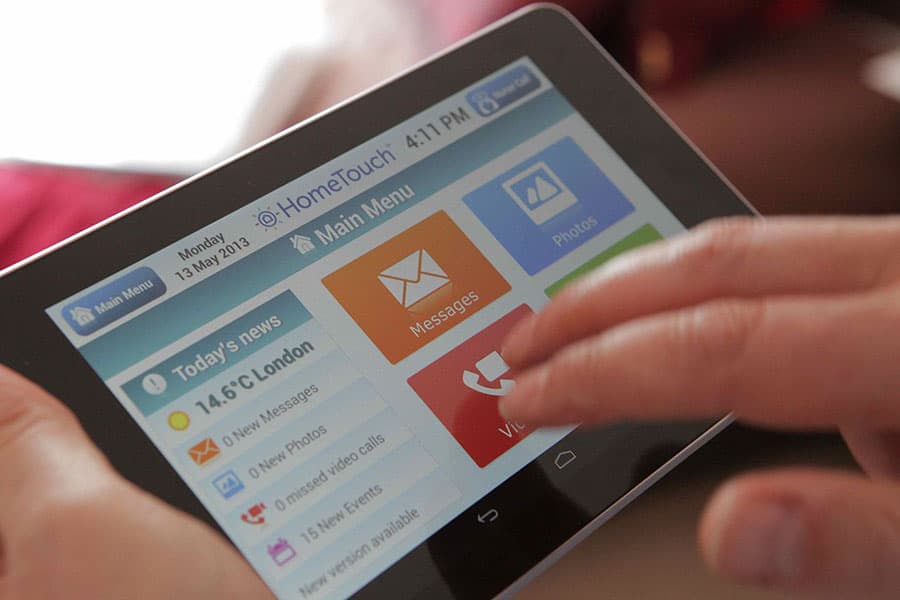Life-enabling assistive tech delivered to Hertfordshire residents during pandemic

Hertfordshire County Council has rolled out “life-changing” assistive technology during the coronavirus pandemic to deliver bespoke care packages to meet elderly and disabled people’s needs.
Launched by the council in summer 2019, the Assistive Technology (AT) pilot scheme saw sensors installed in a person’s home to monitor their movements and behaviour, such as sensors positioned on medicine boxes that, if unopened, alert carers.
During the scheme’s initial launch, the AT was installed at 50 locations to support elderly and disabled people, as well as those with additional needs or illnesses like dementia, to live more independently.
This provided reassurance to families and carers, who might not live nearby to be able to check in on their loved ones.
Hertfordshire County Council explained: “AT makes distance largely irrelevant, with the information provided – including alerts when there could be something unusual or wrong – available immediately not only to family but also to social workers and care agencies.”
Due to the coronavirus pandemic, the council has had to quickly install this life-enabling AT for Hertfordshire residents needing it the most.
However, a decision was taken to extend the project’s pilot scheme before the COVID-19 outbreak, with a wider roll-out in the East Herts district via a referral process scheduled from September.
It is anticipated there will be up to 200 AT systems in operation after six months in that area of the county and if successful, the whole of Hertfordshire could be covered by the end of 2021.
Richard Roberts, Hertfordshire County Council Cabinet Member for Adult Care and Health, said: “Assistive technology has shown already it can play a vital role, having a huge impact on some of our residents’ health and wellbeing. We are using the technology to help keep people safe and out of hospital by checking for any changes in behaviour patterns, and responding where needed.
“Our frontline staff are directly involved in the development of our AT system, which enables us to target, prescribe and deliver adult care in the best possible way. The platform also provides genuine reassurance for family and friends.
“We’ll continue to work with our staff to make sure we’re meeting the needs of people with that flexible and adaptive approach.”
The council says the assistive technology has wide-reaching benefits, with providers able to make sure a person’s care package has been tailored to best meet their health needs.
For instance, the AT has allowed the council to quickly identify that some residents had infections because of behavioural changes, such as a substantial increase in use of the toilet. This led to family members being alerted, with a doctor then prescribing medication.
Similarly, the AT showed that a resident was increasingly pacing around their home, which was subsequently found to be because of increased levels of anxiety. Their future care and health needs were suitably adapted.

